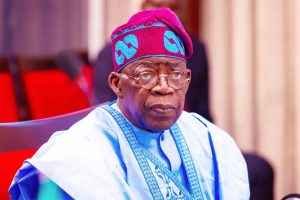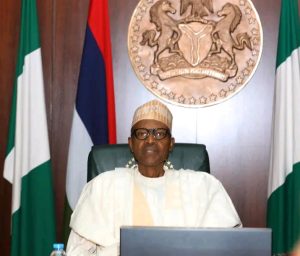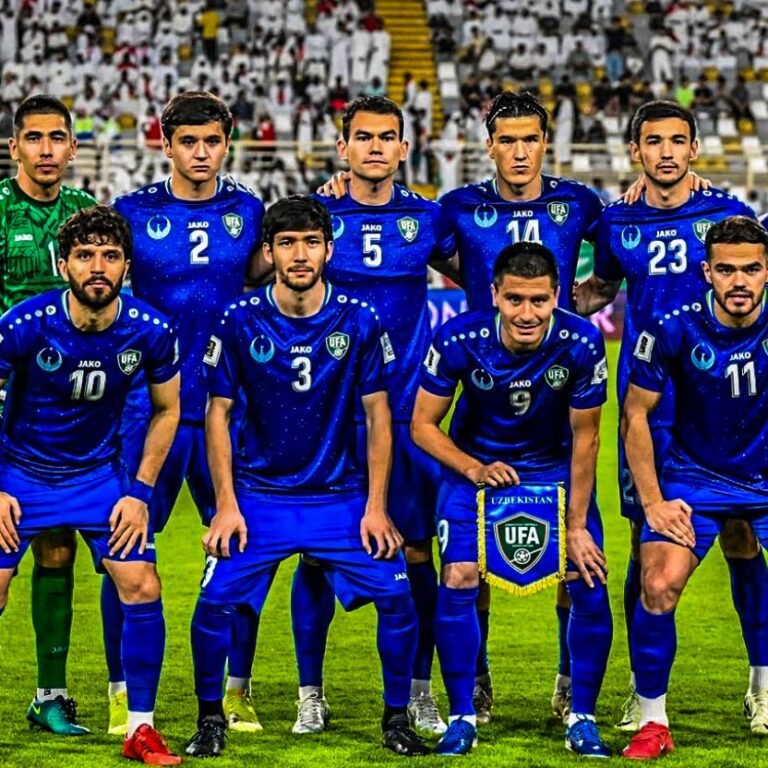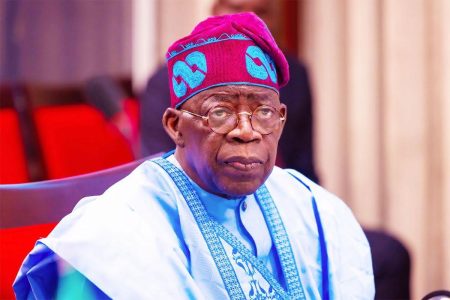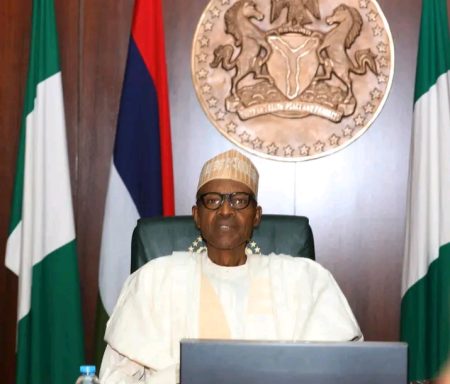Uzbekistan has secured a place at the FIFA World Cup for the first time in its history, marking a milestone achievement for a nation long overlooked in global football.
The Central Asian side clinched qualification for the expanded 48-team tournament — set to take place across the United States, Canada, and Mexico — following a goalless draw with the United Arab Emirates on Thursday. The result was enough to confirm their spot with one qualifying match still to play.
“I can’t express how I feel — I’m extremely happy,” said 36-year-old Tashkent resident Otabek Khaydarov. “For the first time in 34 years, the Uzbekistan national team has reached the World Cup.”
Since gaining independence from the Soviet Union in the early 1990s, Uzbekistan has been steadily developing its football program. Thursday’s achievement was celebrated nationwide, with social media videos showing jubilant players draped in flags and swarming head coach Timur Kapadze after the final whistle.
While the tournament’s expansion has opened the door for emerging nations, Uzbekistan’s rise is also the result of long-term planning and investment in the sport. The country is now considered one of Asia’s fastest-growing football powers, buoyed by state support and increasing regional interest in football, historically overshadowed by combat sports.
“This qualification is the product of years of work,” said Ravshan Khaydarov, head coach of Uzbekistan’s U-23 team. “Major reforms began five or six years ago through presidential initiatives, and that process continues.” He credited the construction of new stadiums and training facilities — some backed by FIFA — as critical to the country’s progress.
Football in Uzbekistan is deeply linked to state structures. Both Uzbekistan and neighboring Kyrgyzstan have national football federations influenced by powerful security officials, underscoring the strategic importance of the sport in Central Asia.
On the pitch, Uzbekistan’s campaign was led by standout performers: defender Abdukodir Khusanov, forward Eldor Shomurodov, and winger Abbosbek Fayzullaev. Khusanov, who joined Manchester City in a reported $45 million transfer, has become a national icon, with his jersey now a best-seller in local markets.
Football officials hope the global success of stars like Khusanov and Shomurodov — who plays for AS Roma — will inspire a new generation. With more than a third of Uzbekistan’s 35 million citizens under 20, the potential for talent development is vast.
“Our goal is to build a system to identify and train players who will represent Uzbekistan on the world stage,” said coach Khaydarov. “We want the world to know Uzbekistan through our footballers.”
The country has already tasted international success at the youth level, winning the Asian U17 and U20 titles and qualifying for the 2024 Paris Olympics.
“Uzbek football combines technique, passing, and attacking flair,” said former international and current coach Azamat Abduraimov. “Our strength has always been creativity — we’ve had skilled forwards and midfielders, but defence was our weakness.”
That gap is narrowing, thanks to rising stars like Khusanov and 21-year-old Fayzullaev, who plays for CSKA Moscow and was named Asia’s best young player in 2023. His style has drawn comparisons to Georgian winger Khvicha Kvaratskhelia, fresh off a Champions League triumph with PSG.
Despite the celebrations, Uzbekistan’s journey is only just beginning. The national team has yet to face elite European sides and many players remain inexperienced on the global stage. But for fans like Khaydarov, the challenge is welcome.
“At the World Cup, there are no weak teams,” he said. “I want us to play the strongest.”


